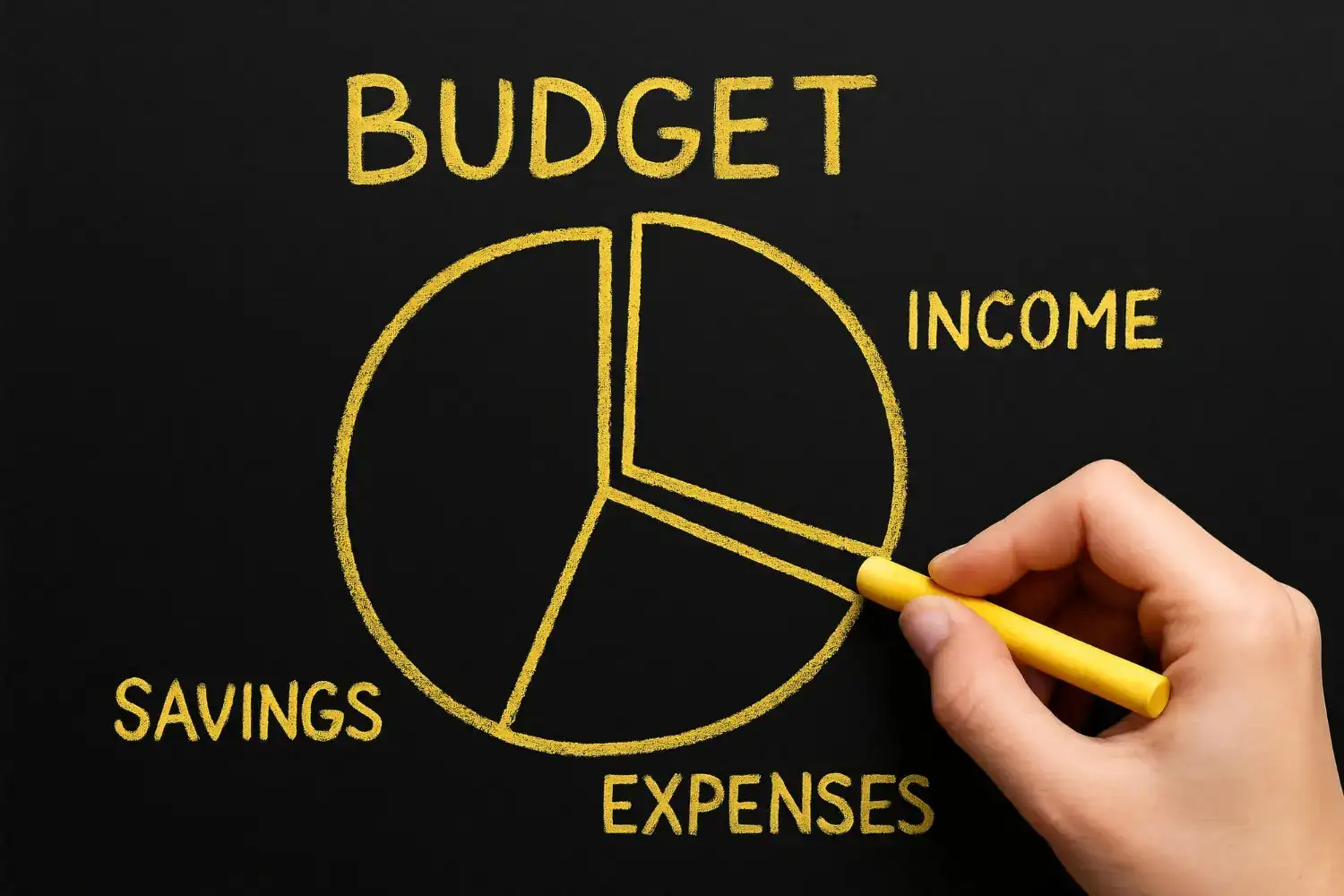
The Government has positioned Budget 2026 as a cautious package designed to safeguard employment and support economic growth during a period of global uncertainty. While it is smaller in scale than recent Budgets and includes fewer one-off supports, it delivers a series of targeted measures in welfare, housing, climate action and public services. Opposition parties have criticised the absence of a dedicated cost-of-living package and the lack of changes to personal income tax.
Below is an overview of the main measures announced.
Social Welfare and Family Supports
The social protection budget rises to €27 billion, representing one of the largest departmental allocations.
Key measures include:
-
A €10 weekly increase across all primary social welfare payments, including pensions
-
A full 100% Christmas bonus for long term welfare recipients
-
Increases to the Child Support Payment: €8 more per week for children under 12 and €16 more for those over 12
-
A €5 rise in the fuel allowance, bringing it to €38 per week, with eligibility extended to all households receiving the Working Family Payment
-
Working Family Payment to increase by €60
-
Higher income disregard thresholds for Carer’s Allowance (€1,000 for single claimants and €2,000 for couples)
-
Domiciliary Care Allowance rising by €20 to €380 per month
-
Back-to-school payments extended to two and three year olds
Income Tax and Credits
As anticipated, there are no broad personal income tax changes in Budget 2026.
Additional measures include:
-
Minimum wage to increase to €14.15 per hour from 1 January 2026
-
The 2% USC band ceiling to rise to €28,700
-
VAT for food and catering services and hairdressing to fall from 13.5% to 9% from July 2026, with hotels excluded
-
Reduced 9% VAT on electricity and gas extended to the end of 2030
-
R&D tax credit increased from 30% to 35%, with the first-year payment threshold rising to €87,500
Housing and Rental Measures
Housing remains a central focus, with more than €5 billion in capital investment earmarked for new homes in 2026.
Headline measures:
-
VAT on the sale of completed apartments reduced from 13.5% to 9% until the end of 2030
-
Rent Tax Credit extended to 2028
-
Mortgage Interest Tax Relief extended for two more years, with a reduced benefit in the final year
-
Help-to-Buy scheme capped at €30,000, with no increase
-
Residential Zoned Land Tax extended to next year
-
Living City Initiative extended to 2030 and expanded to properties completed before 1975
-
The “over the shop” refurbishment cap increased to €300,000
-
New derelict property tax to replace the current derelict site levy
-
€200 million in additional SME funding to support housebuilders
-
€1.4 billion for Uisce Éireann to facilitate housing development and improve water infrastructure
Carbon Tax and Climate Policy
Carbon taxation continues on its legislated path towards €100 per tonne by 2030.
Key measures:
-
Carbon tax to rise to €71 per tonne
-
New rate applies to petrol and diesel immediately, and to home heating fuels from 1 May 2026
-
€121 million in additional carbon tax revenue expected next year, rising to €157 million in a full year
-
€5,000 VRT relief for electric vehicles extended to end 2026
-
€1.1 billion allocation for the Department of Climate, Energy and the Environment
-
Major investment in energy security and grid upgrades, including €3.5 billion for ESB and EirGrid
-
Funding for retrofit programmes and climate action initiatives worth €209 million
Excise Duties on Cigarettes and Vaping Products
-
Excise duty on a pack of 20 cigarettes to rise by 50 cent
-
Pro-rata increases for other tobacco products
-
A new tax of 50 cent per millilitre on nicotine e-liquids to apply from 1 November, doubling the typical cost of a 10ml bottle
-
No changes to alcohol excise duties
-
Pool betting duty reforms due in Budget 2027
Health and Disability Services
The Department of Health receives record funding of €27.4 billion, alongside €3.8 billion for disability services.
Key investments:
-
At least 220 extra acute hospital beds
-
Expanded diagnostic services
-
More than 28 additional community care beds
-
500 additional nursing home beds and increased workforce capacity
-
250 new residential care placements
-
6,500 private assessments for children awaiting services
Education and Higher Education
Education continues to see strong capital and staffing investment.
Key measures:
-
€13.1 billion for primary and secondary education
-
Nearly €5 billion for further and higher education
-
1,717 new Special Needs Assistants and 1,042 teaching posts
-
Extra resources for DEIS schools and a new DEIS plan
-
Permanent €500 reduction in student contribution fees
-
Additional apprenticeship places in areas of labour shortage
-
1,110 new college places in health and social care disciplines
Transport and Infrastructure
Transport spending will total €4.7 billion, with major emphasis on public transport modernisation.
Included in the package:
-
Continued rollout of DART+ and BusConnects across the major cities
-
Funding for the first phase of the Cork Commuter Rail upgrade
-
Investment in the Enterprise fleet replacement
-
Resources for greenways and active travel projects
-
MetroLink to receive €2 billion, as previously announced
Justice, Defence and Security
€6.17 billion is allocated to justice, home affairs and migration.
Measures include:
-
Recruitment of up to 1,000 Garda trainees and 200 civilian staff
-
€19 million increase for Garda overtime and new reserve intakes
-
Additional funding for prisons, the Courts Service and the Probation Service
-
€11.5 million for domestic and gender-based violence initiatives
-
400 new Defence Forces personnel, upgraded body armour and new uniforms
Sport and Community Development
Key items include:
-
€3 million for League of Ireland academies
-
€10.7 million increase in funding for Sport Ireland
-
Additional supports for inter-county GAA players, IRFU and the GPA
